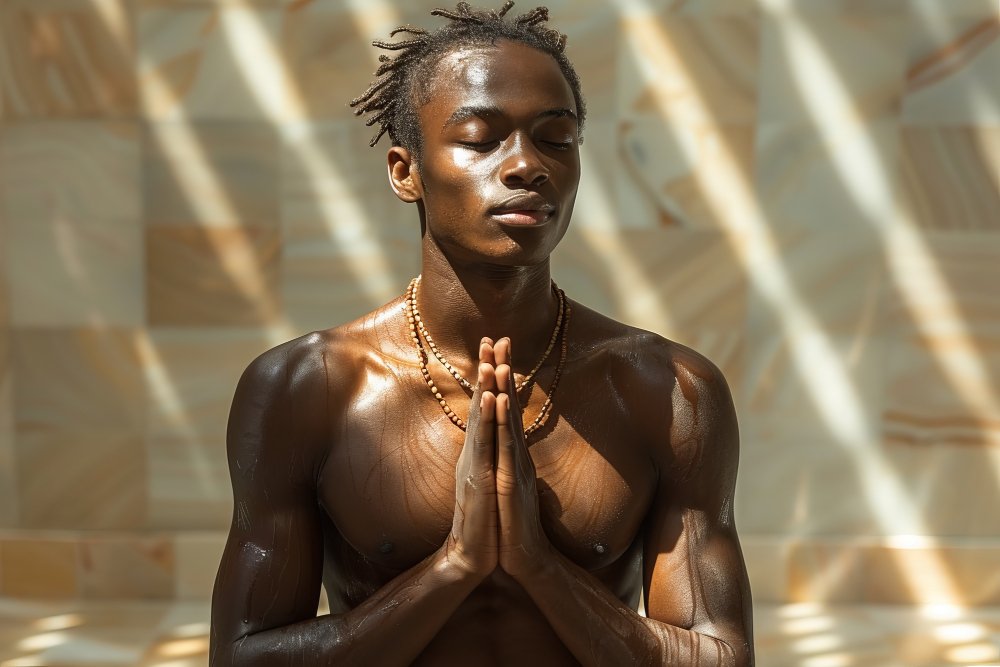🎧 Listen to: Virginity is not a measure of purity!

The belief that virginity is a measure of purity is a myth.
This misconception leads to harmful gender norms, stigma and discrimination against women, and negatively impacts on the well-being of women. It’s time to shed light on the facts and promote gender equality, sexual health education, and the dignity of every individual.
What is the origin of the myth?
Religious and historical norms: In many African societies, virginity is highly prized, especially in young women, and is often seen as a marker of family honor and moral standing. This belief is intertwined with religious teachings, cultural practices, and historical norms that emphasize a woman’s virtue and purity as central to her worth.
Lineage and inheritance: In societies where lineage and inheritance were crucial, ensuring that a bride was a virgin was a way to guarantee paternity and, by extension, the legitimacy of heirs. But in modern times, this ancient logic no longer holds water, yet the myth persists.
Why does this myth persist?
- Cultural traditions: Many cultural and religious traditions reinforce the importance of virginity. Ceremonies, rituals, and teachings often glorify virginity and shame sexual activity outside of marriage, creating a social environment where these beliefs are deeply ingrained.
- Male domination: At the heart of this myth is the male domination of society that values women primarily for their roles as mothers and wives. This system perpetuates control over women’s bodies and choices.
- Lack of sex education: In many parts of Africa, there’s a significant gap in sex education. Without accurate information, myths and misconceptions about virginity and sexual health flourish, perpetuating outdated beliefs.
What is the impact of this myth?
- Mental and health issues for women: The pressure to remain a virgin until marriage can cause immense stress, anxiety, and feelings of guilt or shame in women. This can lead to mental health issues and a diminished sense of self-worth.
- Lack of gender equality: The double standard is glaring. While women are often judged and valued based on their virginity, men rarely face the same scrutiny. This perpetuates gender inequality and reinforces harmful stereotypes about women’s roles and value in society.
- Volitation of women’s rights: In extreme cases, the obsession with virginity can lead to practices such as virginity testing, which is invasive, humiliating and violates women’s rights and can cause lasting psychological trauma.
How can we dismantle this myth?
- Education: Let’s start teaching children (boys and girls) in school about their bodies and relationships, focusing on the idea that virginity doesn’t define someone’s worth and that everyone’s choices about sex are personal.
- Social engagement. Let’s use social media, radio, and community events to share stories that show virginity isn’t tied to purity. We must highlight stories from everyday people to show that what really matters is how you treat others and yourself.
- Community leaders: Local leaders such as chiefs and religious leaders must be mobilized to talk openly about this issue. When respected people in the community say that virginity doesn’t equal purity, it helps change how everyone thinks about it.
What is the bottom line?
Let’s join the movement for change. The myth that virginity is a measure of purity has deep roots in cultural, religious, and historical contexts, but it’s high time we uprooted it. By focusing on education, promoting gender equality, and fostering understanding and respect, we can dismantle this harmful belief.
Let’s move towards a society where individuals are valued for their character, skills, and contributions, not outdated notions of purity. It’s time to break free from these chains and build a future where everyone’s dignity and autonomy are upheld.
